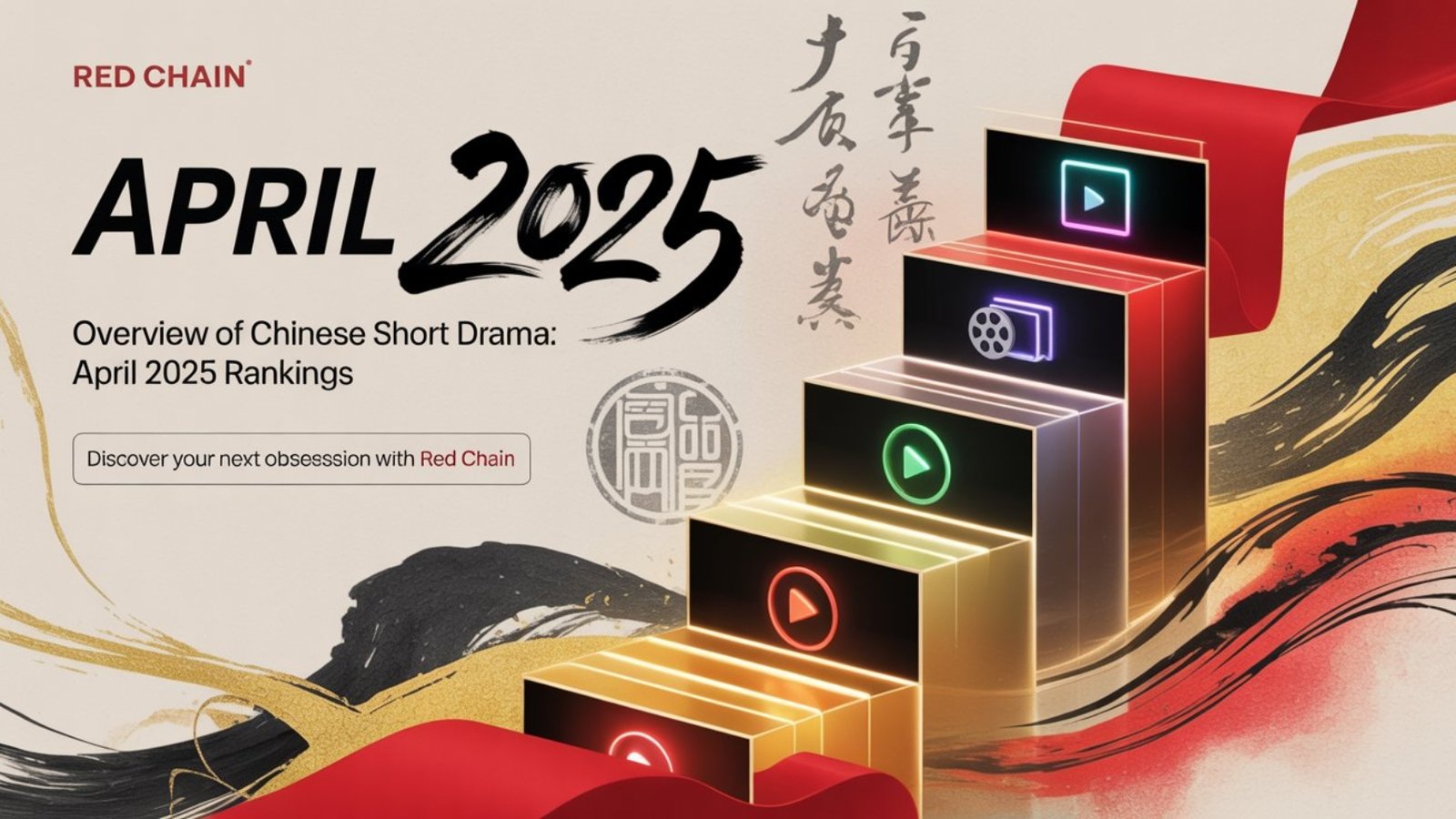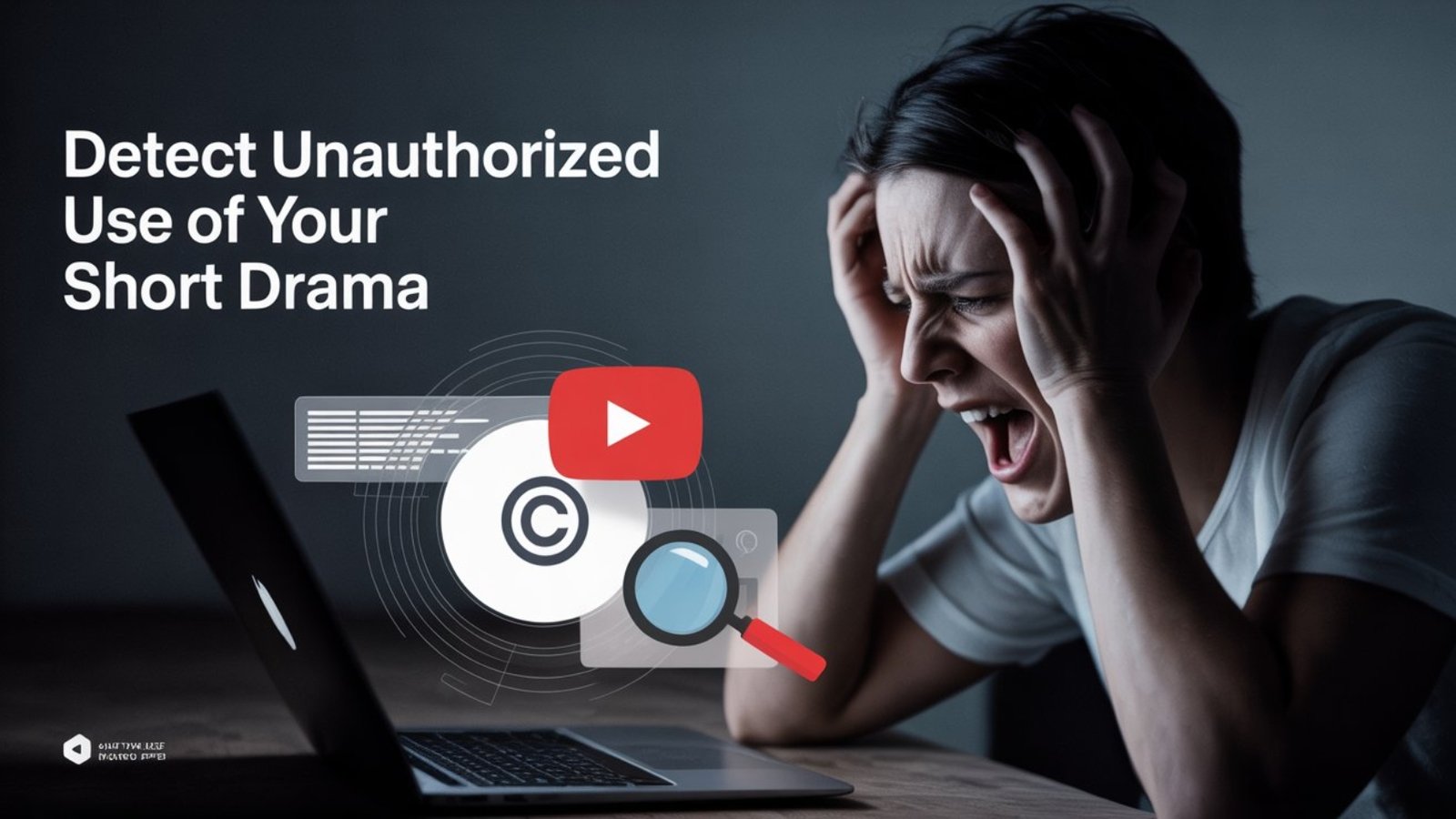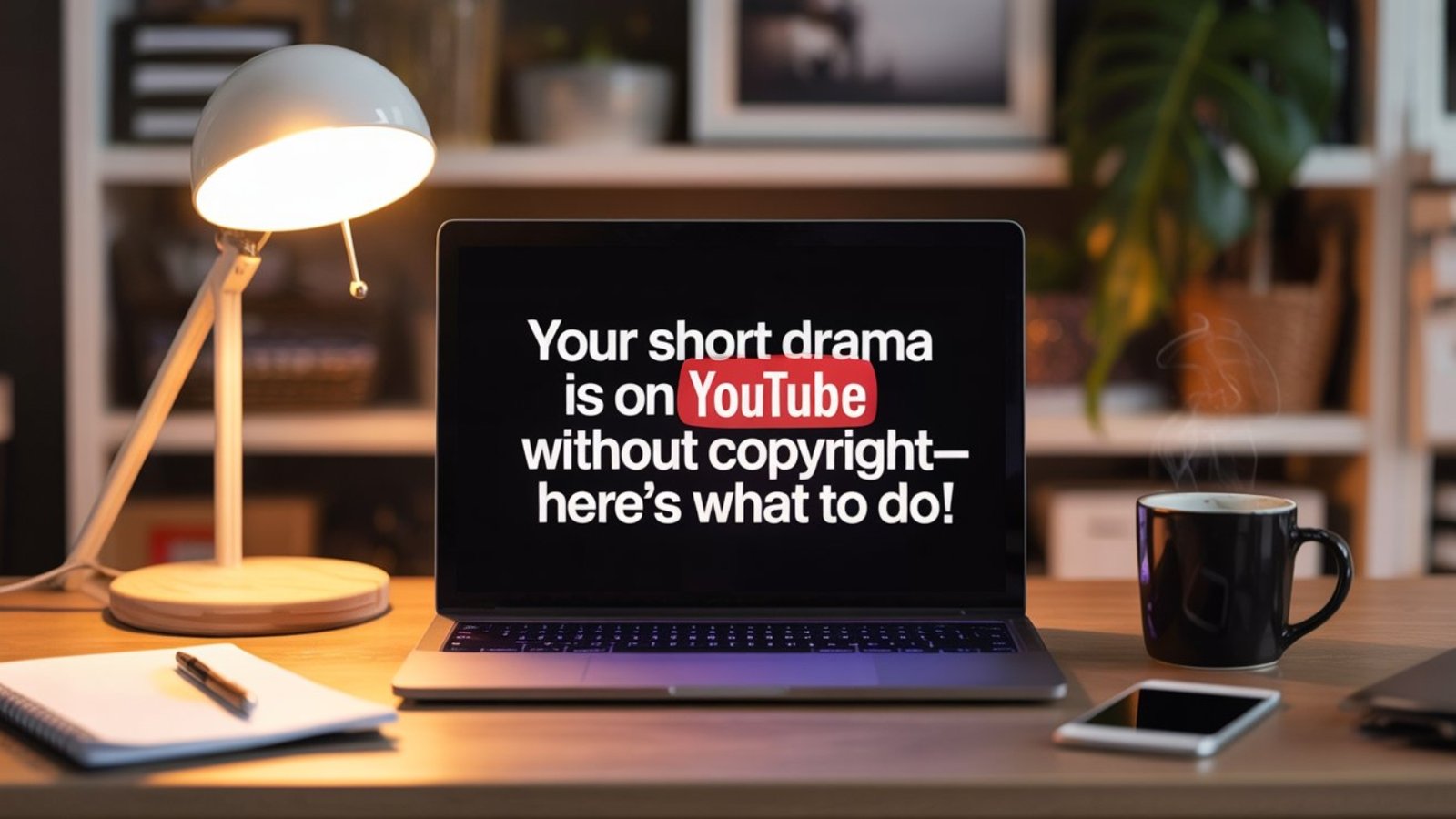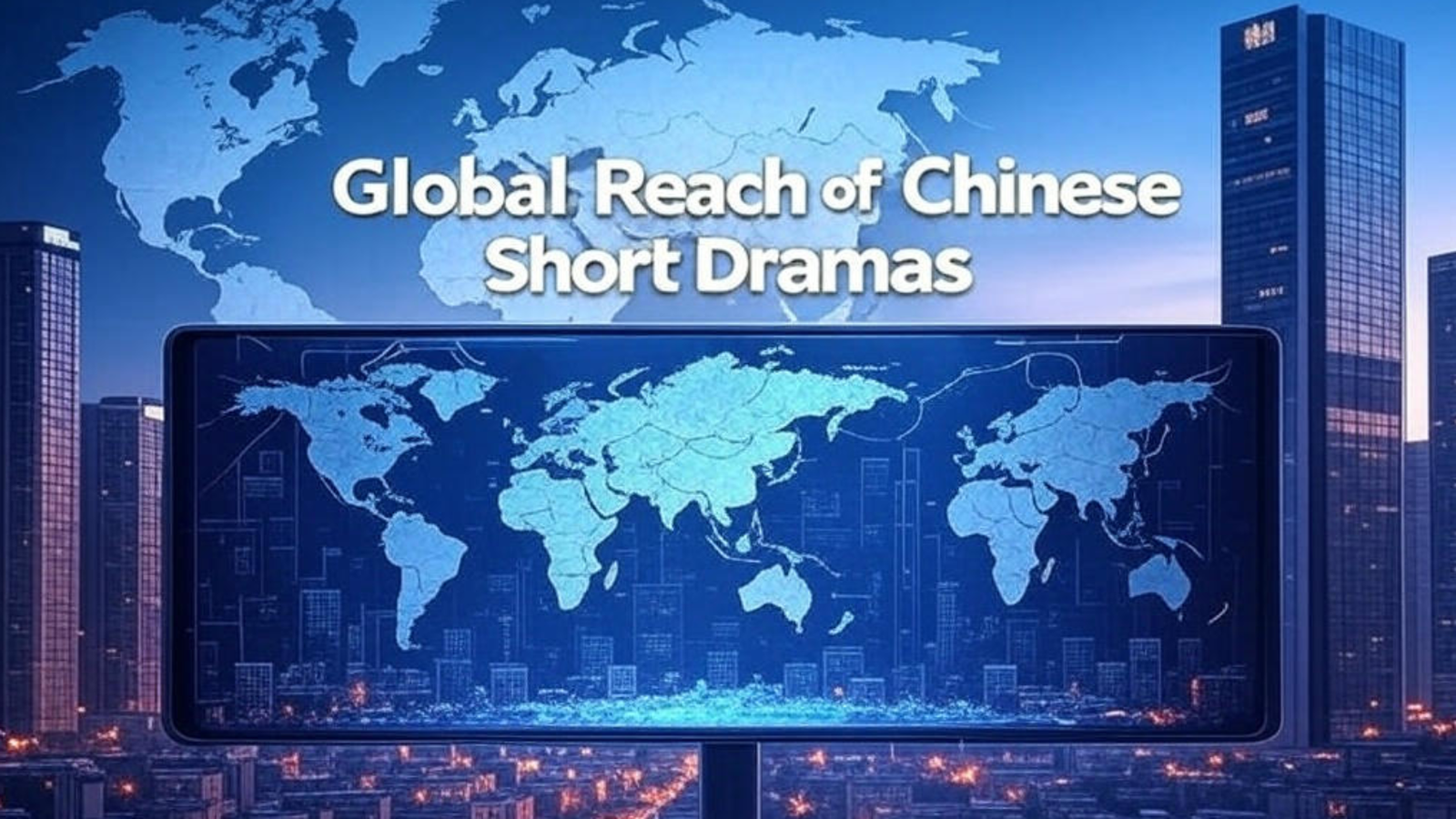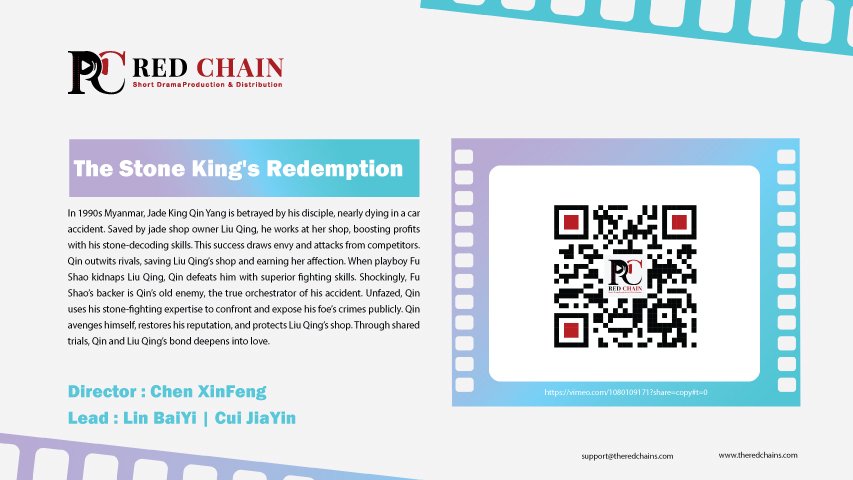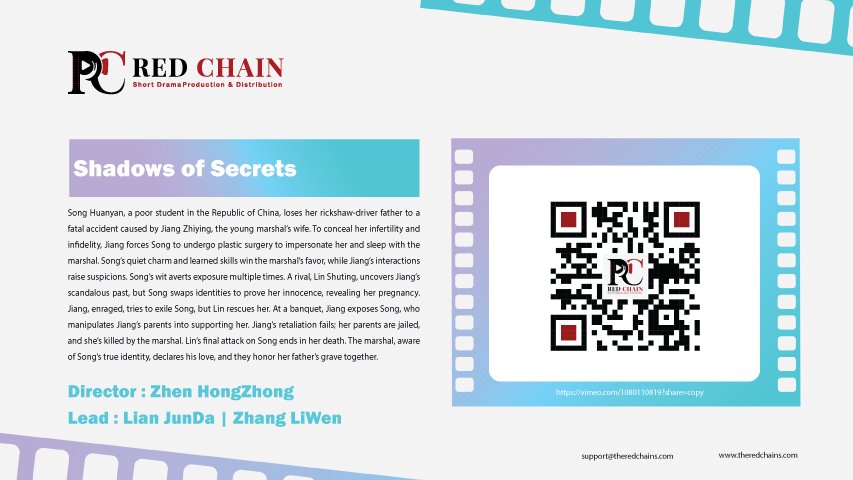The Chinese short drama industry has seen explosive growth, with platforms dominating the ecosystem as content creators, distributors, marketers, and licensing agents. These platforms manage everything from script development to international licensing, shaping the landscape of short-form entertainment. In April 2025, Maggie, a short drama producer and Head of Overseas Department, shared a comprehensive ranking of the top short drama platforms in China, highlighting their performance, popular titles, and dominant genres. Below is an overview of the key insights from the April 2025 rankings.
The Role of Platforms in China’s Short Drama Ecosystem
Short drama platforms in China are pivotal in the production and dissemination of content. Unlike traditional media, these platforms hold the majority of copyrights, with only a small fraction owned by production companies. Their responsibilities include:
- Script Development: Crafting original stories or acquiring intellectual properties (IPs).
- Production: Managing in-house or co-production with studios to create high-quality content.
- Distribution and User Acquisition: Slicing dramas into vertical episodes and promoting them through paid traffic on platforms like Douyin (China’s TikTok) or Kuaishou, where viewers can unlock full episodes via mini-program theaters, either through payment or ad-supported models.
- Secondary Monetization: Selling distribution rights to other platforms like Hongguo, Pinduoduo, Meituan, and Baijiahao (Baidu).
- International Licensing: Adapting and selling rights for overseas markets.
This integrated model has fueled the rapid rise of short dramas, making platforms the backbone of the industry.
Top Platforms and Trends in April 2025
The April 2025 rankings showcase a diverse range of platforms, with Fanqie leading the pack, followed by Maiya, Hema, and others. Below are the standout platforms and trends:
1. Fanqie: The Undisputed Leader
- Rank: 1
- Number of Short Dramas: 100
- Heat Value: 684,475,000
- Top Titles: Why Suffer from Lovesickness and Spend the Remaining Years, Mr. Huo’s Little Darling is Sweet and Beautiful, Miss Su, Your Husband is Lost
- Top Genres: Emotion, Female-oriented, Counterattack
- Analysis: Fanqie dominates with an impressive 100 short dramas and a heat value nearly triple that of its closest competitor. Its focus on emotional, female-oriented narratives with themes of counterattack resonates strongly with audiences, particularly female viewers.
2. Maiya and Hema: Strong Contenders
- Maiya (Rank 2): With 44 dramas and a heat value of 262,741,000, Maiya excels in counterattack and emotional stories like The Young Sword Saint and The Strategy of the Emperor. Its diverse genre mix appeals to both male and female audiences.
- Hema (Rank 3): Hema’s 40 dramas and 206,292,000 heat value highlight its strength in female-oriented counterattack narratives, with titles like Private Collection and Love Fills the Countryside.
3. Emerging Platforms
- Jiuzhou (Rank 4) and Zhangyue (Rank 5) continue to grow, with 35 and 29 dramas, respectively. Jiuzhou’s The God-sent Adorable Grandson is Doted on Obediently and Zhangyue’s The Hall of Sending Sons tap into emotional and urban themes.
- Smaller Platforms: Platforms like Huasheng (Rank 6) and Shanhai (Rank 7) are gaining traction with innovative titles like The Return of the Genius Girl and Mistakenly Practicing the Magical Skill and Causing Chaos in the Martial Arts World.
4. Genre Dominance
The rankings reveal a clear preference for certain genres:
- Emotion (情感): Appears in nearly every platform’s top genres, reflecting the universal appeal of heartfelt storytelling.
- Female-oriented (女频): Dominant in platforms like Fanqie, Hema, and Jiuzhou, catering to female audiences with stories of romance, empowerment, and family dynamics.
- Counterattack (逆袭): A recurring theme, emphasizing characters overcoming adversity, seen in titles like The Young Sword Saint and The Real Rich Daughter in the Countryside Turns Out to Be the Ancestor.
- Urban (都市): Gaining popularity in platforms like Zhangyue and Huasheng, reflecting modern, relatable settings.
5. Heat Value Insights
The heat value, a measure of audience engagement and popularity, varies significantly:
- Fanqie’s 684,475,000 heat value dwarfs others, indicating massive viewership and engagement.
- Smaller platforms like Youhe (15,525,000) and Chumo (14,475,000) show potential but lag behind in scale.
- Platforms with zero listed dramas, such as NetEase and Yuewen, still generate heat with titles like The Counterattack Life of Ding Ergou and Top-level Favoritism! Mommy, I’ve Found Daddy, suggesting niche but dedicated audiences.
Opportunities for Collaboration
The short drama industry’s growth offers opportunities for global partnerships. Maggie invites interested parties to explore:
- Investment: Funding new productions or platform expansion.
- Production: Co-producing or adapting content for local markets.
- Licensing: Acquiring rights for international distribution or adaptation.
Conclusion
The April 2025 rankings highlight the dynamic and competitive nature of China’s short drama industry. Fanqie’s dominance, coupled with the rise of platforms like Maiya and Hema, underscores the industry’s focus on emotional, female-oriented, and counterattack narratives. As platforms continue to innovate and expand internationally, the short drama market is poised for further growth, offering exciting opportunities for creators, investors, and distributors worldwide.

